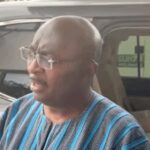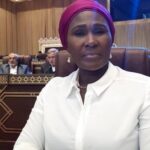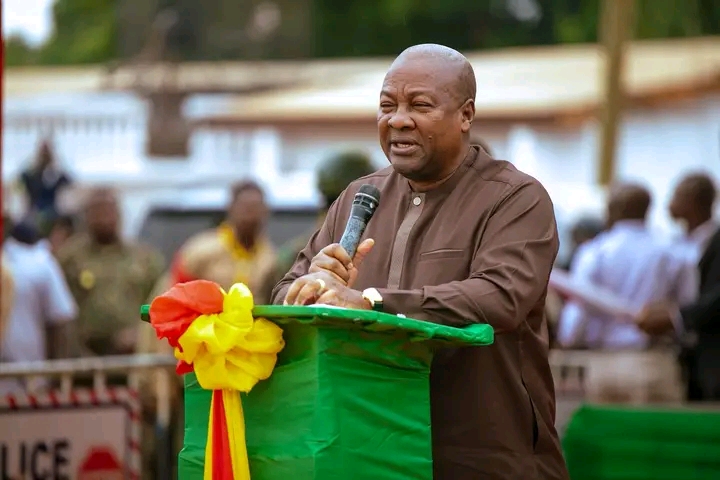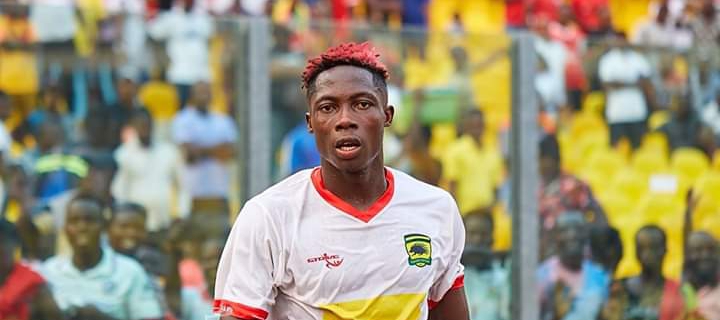The Chief Executive Officer of the Minerals Development Fund and National Women’s Organiser of the National Democratic Congress (NDC), Dr Hanna Louisa Bissiw, has sparked outrage after appearing to justify a physical assault on former Fisheries Minister Mavis Hawa Koomson during the parliamentary rerun in Ablekuma North.
Speaking in an interview with Channel One TV, Dr Bissiw suggested that the attack on Koomson, who was reportedly assaulted by unidentified men at the St. Peter’s Society polling station in Odorkor was a case of “reaping what one sows.”
“Violence begets violence. If you live by the sword, you’ll die by the sword,” she said, referring to Koomson’s own controversial history with election-related violence.
The incident, which occurred during a rerun of the parliamentary elections in 19 polling stations, saw Hawa Koomson and the NPP’s candidate, Nana Akua Afriyie, physically assaulted in a dramatic escalation of tensions in the constituency.
While Dr Bissiw denied any official NDC involvement in the attack, she cast doubt on the source of the violence, implying it may have originated from within the NPP itself.
“Nobody sent anyone to go and beat her. As far as I am concerned, it may even be an internal something that they visited on her,” she speculated.
She further claimed she had once been a victim of violence allegedly orchestrated by Hawa Koomson during a past election at the Ayawaso West Wuogon polling station.
“I was beaten because she led thugs to come and beat me up. Has she forgotten?” she alleged.
Despite her controversial comments, Dr Bissiw maintained that the NDC was committed to peace and had no interest in disrupting a process she believes is already in the party’s favour.
“This is very peaceful. We are taking the day, and we do not have any need to destroy the elections because we are winning,” she added.
The Electoral Commission organised the rerun following disputes over the December 2024 results in Ablekuma North. However, the violent scenes and sharp rhetoric from political figures have raised serious concerns among civil society groups and election observers.














